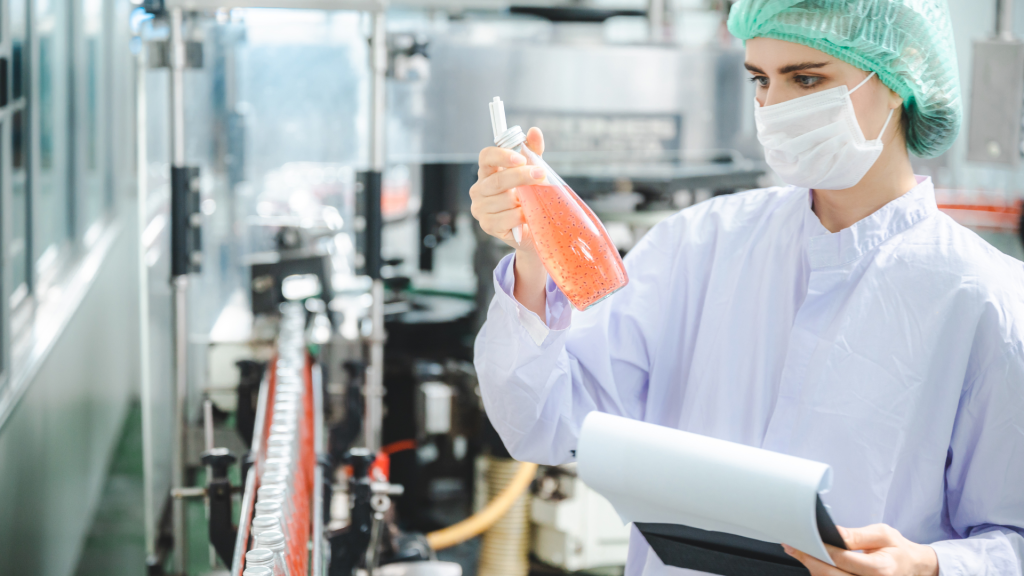Water treatment for the food & beverage sector
Overview
Water treatment in the food and beverage sector is a cornerstone of operational excellence, ensuring the safety, quality, and compliance of products. Water is used extensively in this sector for manufacturing, cleaning, and sanitation processes, making its treatment critical to prevent contamination and adhere to strict health and safety regulations. From bottled water production to food processing, high-quality water is essential to maintain flavor consistency, extend product shelf life, and protect public health. The industry demands advanced water treatment technologies to meet the exacting standards set by regulatory bodies such as the FDA, EPA, and WHO.

Application
Water treatment systems serve a wide range of applications in the food and beverage sector, including:
- Ingredient Water: Purified water is used as a direct ingredient in beverages like bottled water, soft drinks, and juices, ensuring consistent quality and taste.
- Process Water: Treated water is used in food and beverage manufacturing processes to maintain hygiene and product integrity.
- Cleaning and Sanitation: High-purity water is essential for cleaning and sanitizing equipment, surfaces, and packaging materials to prevent cross-contamination.
- Boiler and Cooling Tower Water: Treated water prevents scaling and corrosion in boilers and cooling towers, ensuring efficient operation.
- Wastewater Treatment: Wastewater from production facilities is treated to comply with environmental regulations before discharge or reuse.
- Steam Generation: Clean water is critical for steam used in sterilization and cooking processes to avoid residue and ensure product safety.
Technologies
The food and beverage industry employs advanced water treatment technologies to meet its stringent requirements:
- Reverse Osmosis (RO): Removes dissolved salts, minerals, and contaminants, providing high-purity water suitable for direct use in products.
- Ultrafiltration (UF): Filters out suspended solids, bacteria, and viruses, ensuring microbial safety.
- Activated Carbon Filtration: Removes chlorine, organic compounds, and unwanted tastes or odors, enhancing water quality for beverages.
- UV Disinfection: Uses ultraviolet light to inactivate microorganisms without adding chemicals.
- Deionisation (DI): Removes ions and produces ultra-pure water for sensitive applications.
- Ozonation: Injects ozone for effective disinfection and oxidation of organic matter, ensuring water quality and safety.
- CIP (Clean-In-Place) Systems: Automated systems use treated water to clean and sanitize equipment without disassembly.
In need of expert advise?
Don't hesitate to ask a question

- Derwent House, 42-46 Waterloo Road, Wolverhampton, WV1 4XB
- Tel: 01902-458-501
- Email: info@membracon.co.uk
Follow Us
Join our online community to see the latest news around Membracon and our sustainable solutions .
Our Products
- Anode Cells for Electrocoating
- Ultrafiltration Membrane System
- RO Membranes and Systems
- UV Bacterial Control
- Effluent Treatment
- Liquid Filtration Solutions
- Process Tank Integrity Check
- Rectifier
